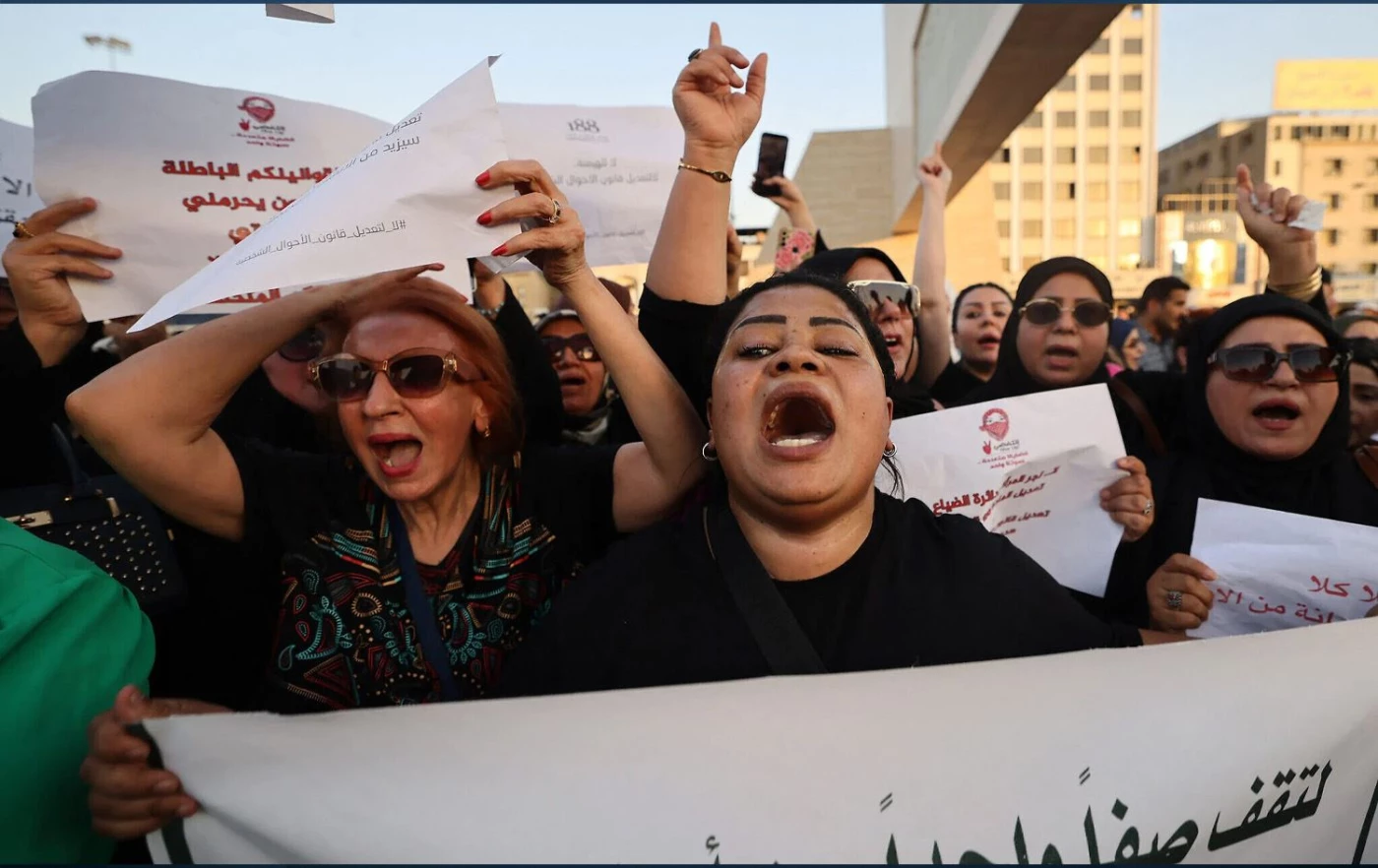ERBIL, Kurdistan Region of Iraq - The amendments to Iraq’s Personal Status Law concerning marriage, divorce, and custody are “unlawful and unconstitutional,” relegate women to “second class citizens” and must be repealed, Human Rights Watch (HRW) said on Wednesday.
“The new Personal Status Code further institutionalizes discrimination against women, legally relegating them to second class citizens,” said Sarah Sanbar, Iraq researcher at HRW. “It takes away women’s and girls’ agency over their lives and instead gives it to men. It should be repealed immediately.”
Following a February amendment to Iraq’s Personal Status Code, religious authorities developed a new law allowing couples to choose between the 1959 civil law or the Shiite Ja’afari code to govern matters such as marriage, divorce, custody, and inheritance.
It allows the husband to convert the marriage contract to be governed by the law without the wife’s knowledge or consent, divorce his wife without informing or obtaining her approval, and automatically gives custody of children to the father after the age of seven, regardless of their interests.
One of the provisions of the original amendment would reduce the minimum marriage age for girls to nine years old. It was later dropped due to widespread public opposition.
Human rights monitors and activists have argued that there has been a setback in women’s rights in Iraq in recent years, especially in the wake of the passing of controversial amendments to the country’s Personal Status Law, widely criticized for undermining women’s rights and potentially legalizing child marriages.
“This code reflects the Islamic parties’ views [on] women’s rights and [their] place in the family and society. The code makes it clear that they don’t view women as equal to men but rather [as accessories] to men, in charge of filling all [their] desires,” Nadia Mahmood, co-founder of AMAN Women’s Alliance, was cited as saying.
HRW cited the case of a woman identified as Ghazal H. Her allegedly abusive husband had applied the Ja’afari Personal Status Law to their marriage a decade after their divorce without her prior knowledge and tried to terminate her guardianship of their ten-year-old son.
“It is unacceptable that someone marries under a law that protects the rights of women and children, and then, more than a decade later, manipulates the law to strip those rights away,” Ghazal told HRW.
Only the Kurdistan Region has a domestic abuse law. Article 41 of the Iraqi penal code gives the husband the right to “punish” his wife. It also allows murder “for honorable motives” or catching a wife or female relative in the act of adultery or sex outside of marriage.
“How can a father, convicted in a criminal case of domestic violence, be granted the right to take custody of a child away from the mother who has sacrificed everything for him?” Ghazal said, adding that she lives in constant fear that her son may be taken away from her.
HRW warned that the amendments will create social problems that will manifest for generations to come if they are not repealed.



 Facebook
Facebook
 LinkedIn
LinkedIn
 Telegram
Telegram
 X
X


